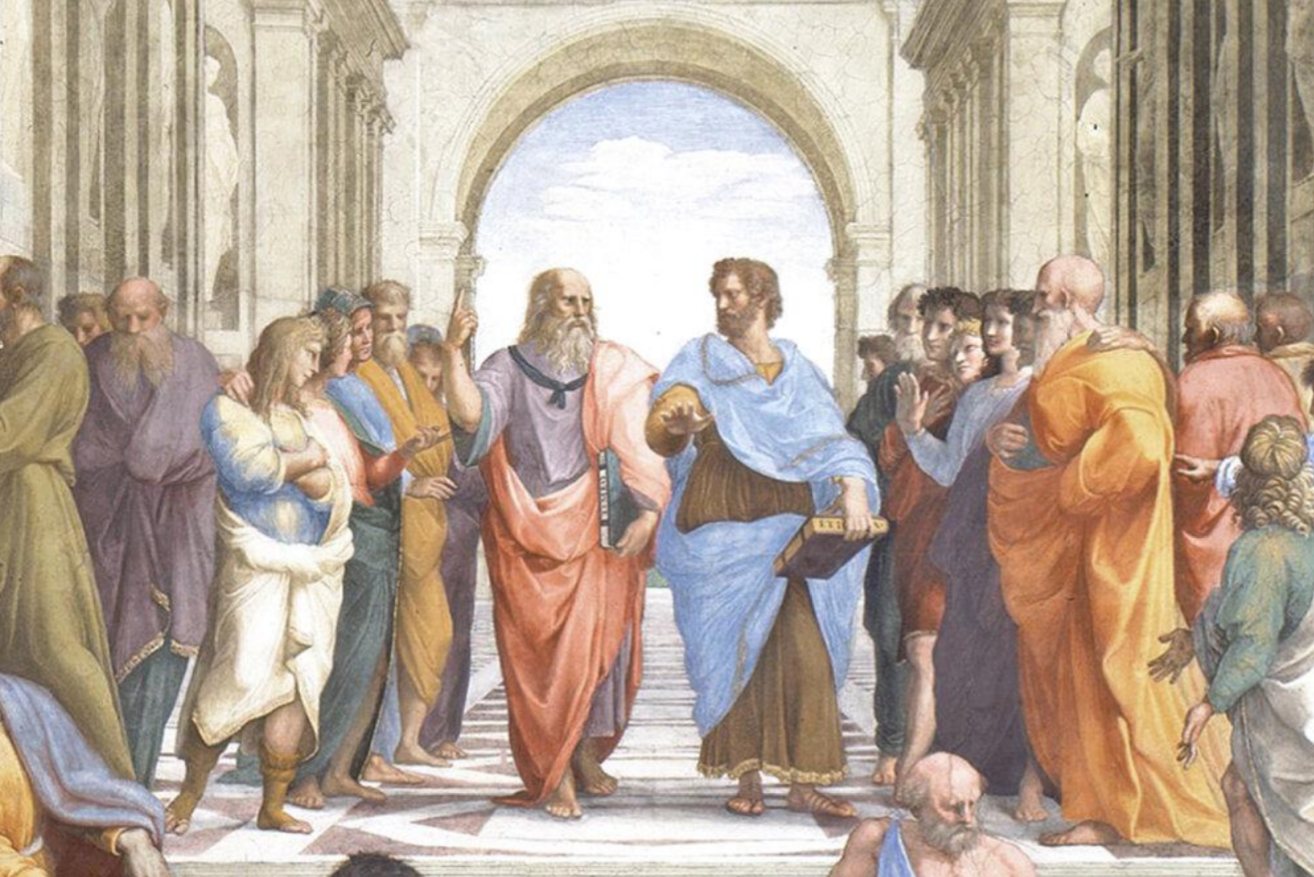
Matthew Yeo, Grade 12

With Summer soon approaching, it is only natural that people would like to go on a well-deserved holiday. For Jane, the ideal holiday is in Victoria. Jane discusses the prospect of going to Victoria with her parents and is incredibly adamant about it, and does not wish to go anywhere else, regardless if it is “better.” Her parents, to her enjoyment, agree. However, Jane’s parents decide to surprise her by buying tickets to Disney World. Jane is incredibly upset by this change. The problem now is: is Jane obligated to do anything in response to her parents’ surprise, despite her disapproval?
Growing up in an Asian household, I have always been led to believe that I am forever indebted to my parents for everything they have done, whether I wished for it or not. The tutoring sessions, drum classes, and Taekwondo training; all for my sake alone. However, the notion of innately being grateful is strange to me. I find myself curious as to why I should be grateful for everything, even if I did not agree with it. It seemed ironic to appreciate “disregarding others’ willingness to become obligated.”
Recently, I have taken an interest in trying to understand what it is that I truly owe my parents. This pursuit led me to the field of filial obligations, a field of philosophy that stems all the way back to Socrates’ time. The problem of Jane’s Holiday can be observed from a few perspectives, specifically the “Debt Theory,” the “Gratitude Theory,” and the “Friendship Theory.”
The Debt Theory states that “one owes repayment to one’s parents for whatever investment of resources the parent has made on one’s behalf.” Following this theory, Jane, regardless of her opinion, is obligated to repay her parents for their surprise since she has reaped the benefits. Furthermore, it is irrelevant whether Jane can afford to repay this “debt,” as well as the parents’ needs in acquiring the “debt.” Simply put, the relationship is not dissimilar to a creditor-debtor relationship.
This theory, due to its simplicity, has also attracted much criticism. Critics have criticized this theory for its fallacious equivalence of a parent-child relationship with that of a creditor-debtor relationship and its negligence in addressing the sentimental aspects of a parent-child relationship. In addition, it fails to account for gratitude and respect as valid mediums, in favor of a direct repayment of the acquired debt.
Alternatively, the Gratitude Theory suggests that “one owes gratitude to one’s parents in response to the parent’s benevolence towards the child.” This differs from the Debt Theory in that it focuses on the motivations of the parent rather than the benefits gained. Naturally, this must mean that Jane has an obligation to be grateful since her parents were benevolent in their intent with the surprise, and her parents are entitled to her gratefulness. However, this may not be the case. A core tenet of the Gratitude Theory states that “gratitude is not something a benefactor has a right to, even if the beneficiary may owe it.” By nature, her parents are not entitled to Jane’s gratefulness.
Furthermore, Jane’s parents have actively ignored Jane’s wishes and desire to go to Victoria. Logically, benevolence is incompatible with the willingness to disregard others’ wishes. To that end, Jane’s parents might not be considered truly benevolent, thereby excusing Jane of the obligation to be grateful.
This theory’s main flaws fall under its focus on gratitude’s unquantifiable nature and the extent a child should be grateful to their parents. Critics argue that if filial obligations were grounded purely on gratitude, there would be no way to truly encapsulate gratitude. By this theory’s logic, a card of thanks could suffice for everything that a parent has done. This issue is amplified even more by the view that nothing more is required because one has already demonstrated appreciation. This is naturally unfair to the parent, who may get the short end of the stick should this theory be employed.
Finally, the Friendship Theory suggests that a child-parent relationship should be similar to that of a relationship between friends. Fundamentally, the favors that friends provide for one another differ in that they expect no return. Similarly, the favors done for a child by a parent are also different; they too do not expect any repayment, since they are motivated by love and care. Advocates of this theory suggest that parents should not expect any sort of repayment, and the child is not obligated to do anything. In Jane’s case, she is not obligated to do anything, especially since they acted against her desires.
Unfortunately, even this theory has its flaws. Unlike a friendship, where both participants are equals, the parent-child relationship is fundamentally unequal, some even arguing that there will never be equal autonomy in the relationship. This is due to the power a parent holds over their child’s growth and development, as well as the child’s initial habits of deference to the parent, especially during childhood. As such, like the Debt Theory’s equivalence, the parent-child relationship comparison to a friendship is also faulty.
With all theories in mind, is Jane obligated to her parents?
The answer is simple: it depends.
All parent-child relationships consist of both the parent and the child, and the way the relationship functions should be decided by the actors of the relationship. While I have my own preference, I do not believe that it is the supreme method and will work for everyone. All family structures are different and will react differently to a given theory. In any case, your parents will forever be your parents, and that is an unalienable fact. It is up to you, however, to decide how you will address them.